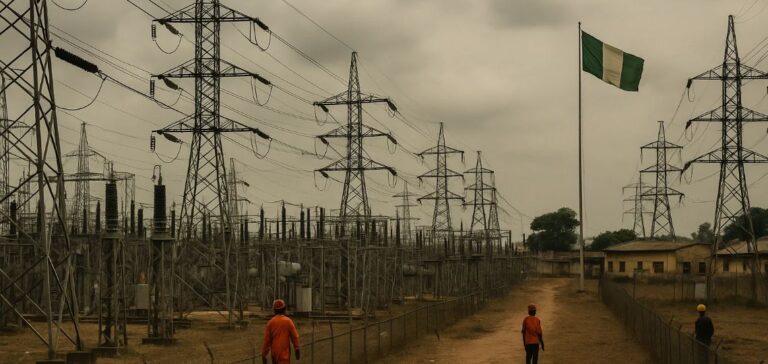The Nigerian government has announced its intention to add 4,000 megawatts (MW) to its national electricity grid capacity by 2026. This initiative aims to address the growing demand from local industries, which are facing persistent energy shortages. The planned capacity increase is part of an ambitious plan to modernize and strengthen the country’s energy infrastructure.
Strategic Partnership with Siemens Energy
The government has launched a strategic partnership with Siemens Energy to accelerate reforms in the energy sector. As part of this partnership, several projects to modernize transmission and distribution lines will be implemented. The goal is to improve electricity supply, particularly to industrial zones and businesses, thus supporting the country’s economic growth.
Revision of the Presidential Power Initiative (PPI)
Nigeria’s Minister of Energy, Adebayo Adelabu, clarified that this program is part of the revision of the Presidential Power Initiative (PPI). This plan, introduced under the administration of President Bola Tinubu, includes a series of reforms and investments aimed at addressing the chronic problems of the sector, such as electricity theft and aging infrastructure. Experts emphasize that improving electricity supply could directly impact Nigeria’s competitiveness on global markets.
Project Challenges and Outlook
Work on the first phase of the project, which includes installing new equipment and expanding transmission capacity, has already begun. The country aims for a gradual increase in capacity, with results expected by 2024. However, challenges remain, particularly concerning financing and managing infrastructure costs.
If the goals are met, the commissioning of these additional 4,000 MW could have a significant effect on Nigeria’s industrial sector by improving supply reliability and attracting more investment into the country.






















